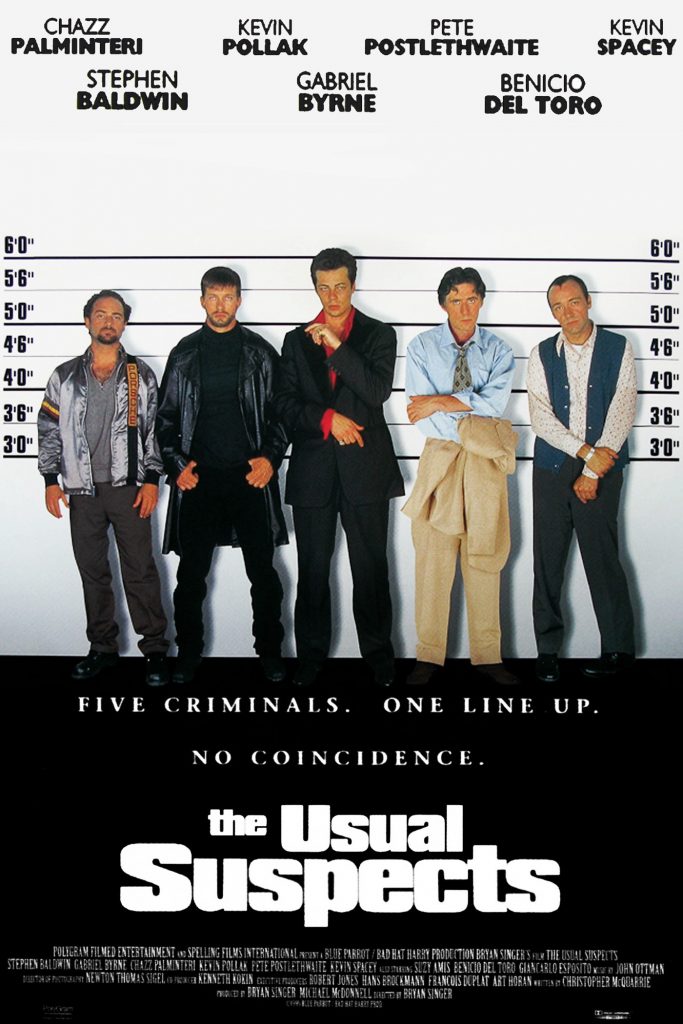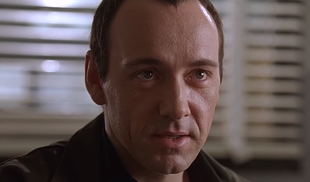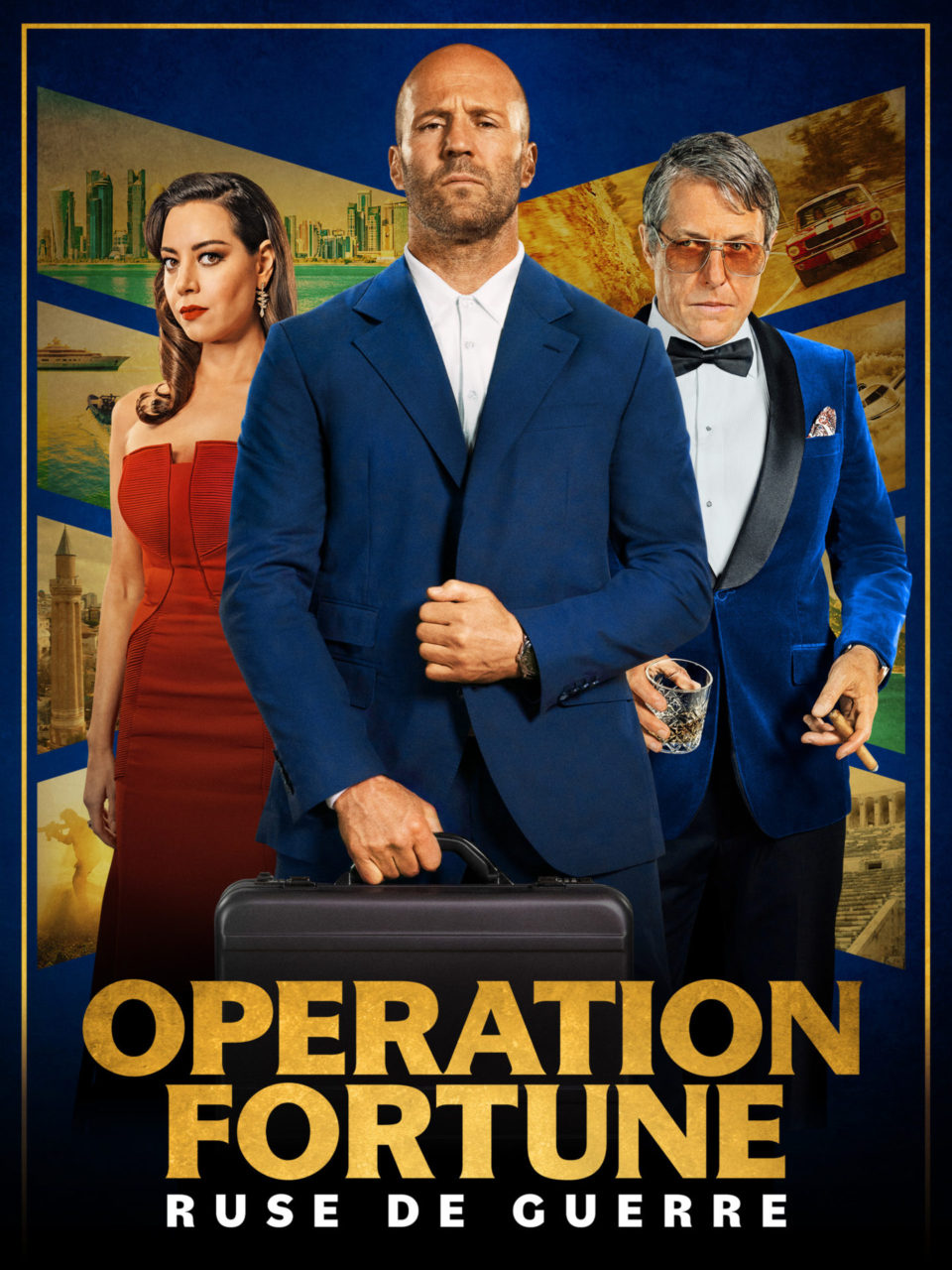
The Usual Suspects - Bryan Singer
This film has all the hallmarks of a great film. The story is tight with little hints dropped throughout for the audience to figure out what’s going on. Christopher McQuarrie (Mission: Impossible – Fallout, Edge of Tomorrow) won the Oscar for best screenplay because of how great the script is.
You have to be watching everything very closely from the word go to be able to pick the twist. And hats off to you if you are able to call it. I’ve watched this film a number of times now and even knowing its coming I cannot put together the pieces to make the argument for it.
We are also treated to some great performances from Kevin Spacey (House of Cards, American Beauty) as Verbal. He rightly won an Oscar for his performance here. Another great performance is from Pete Postlethwaite (In the Name of The Father, The Town)as the enigmatic Kobayashi – he was also nominated for an Oscar for his performance here as well.
Ok given that this brilliant film is based around a spectacular twist if you haven’t watched go do so – read on at your own peril.
Double Plot
The brilliance of this film lays in that there are actually two plots occurring at the same time. One is the one on-screen plot but there is another that is happening off-screen.
To put so much work and effort into something that the audience never sees must have been tough. But it pays off in spades.
The plot on-screen is fake – it is entirely flashback – or so we think. The one occurring off-screen, that we only become part of in the final scenes, is the real story.
There is a huge problem here. We are invested in a fake narrative and are left wondering how much of it actually happened. I’ve tried to go through the entire film a number of times trying to figure out what is real and what is not – I’ll include this at the end – but I don’t think it aids the discussion much and leaves us with more questions than answers.
The problem with following a fake story is that when we are told that none of it was real we feel cheated – and we should. We cared about characters and the struggles they went through – we were there when they succeeded.
What this means in narrative terms is that the prize and the price are lopsided. Kaiser gets too much without much of a cost. But when you think about it, and how now the entire police force knows what he looks like and keeping his identity hidden has been his life-long goal, it seems ok.
Mind Blowing Filmic Techniques
This film uses some really neat tricks throughout. Nothing exemplifies this like the opening scene where Verbal is talking to the police. You aren’t even sure he is talking to the police at all.

This questioning kind of feels a bit awkward and poor at the time but when you then put it together with everything it is masterful. From the very onset we are questioning what is real.
Fishing For The Red Herring
Dean Keaton (Gabriel Byrne – In Treatment & Vikings) is the perfect Red Herring. The police are so keen to get Keaton they don’t really care about anything else.
They are so blinded to everything else they hand Verbal immunity like its nothing. But the film does so much more than this. It makes us think Keaton is the hero – we are rooting for him to succeed – even though we know he is going to die. This is a really hard thing to do – make your audience care about a character that they know is going to die.
The real and fake tie together of the one character is fantastic and it makes us run with the cops in understanding why they want Keaton and give Verbal immunity.
Two Endings In One
When the cop presses Verbal about why he didn’t help when they were taking the ship he breaks down and cries, he plays on his disability. Ultimately he serves up what the police want – ‘It was Keaton all along’.
But this isn’t the way that the cops wanted it to end. They wanted him caught and guilty. Not dead.
Powerful Off Screen Character
Kobayashi is Kaiser’s assistant. He delivers a powerful performance but he is hardly ever on screen. The main scene that he is in is the reason Pete was nominated for the Oscar. He brings in files that Kaiser has on each of the characters and why they have to do what Kaiser says. It is a fantastic build up and delivered beautifully.
This scene is made even better by Verbal’s reaction – he tries to push them further over the edge in case they hadn’t already made up their minds. Brilliant interaction even though Kobayashi and Verbal know each other very well they do not let on at all.
Why Does Verbal Say Anything?
My biggest issue with this film is this question. I cannot answer it and because I cannot answer it I am happy to give this film eight out of ten. But let’s just run through my thoughts on it.
There is no cost to him either way. He already has the immunity deal before he starts to talk. The argument could be made that by giving the cops what they want on Keaton he takes the heat off himself. But this doesn’t make sense because he already has immunity.
By saying nothing as they accuse his ‘friend’ he looks guiltier. This is a huge slip up – Verbal almost gives his game away in this single reaction.
Perhaps everything we see in the film is false – but there is no way to know for certain as it is all Verbal telling the story. We know some of the big events must be real (the line-up at the start; the hit on the taxi service; the death of Fenster; the attack on the ship) because they are corroborated by the police.
But if Verbal doesn’t say anything we don’t have a film – so perhaps there is the reason.





